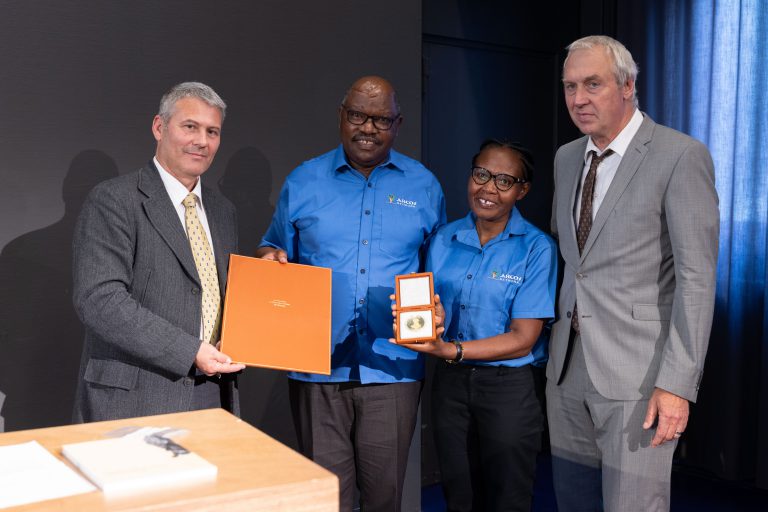ARCOS Statement on the International Mountain Day 2021
Saturday, 11th December 2021
About the International Mountain Day
The International Mountain Day is celebrated annually on 11th December. The day was established by the United Nations General Assembly in 2003. The goal is to raise awareness about the role of mountains in improving the livelihoods and well-being of communities, to highlight the opportunities and constraints in mountain conservation, and to build a network of actors that will bring a transformative change to mountain peoples and environments around the world.
The first international day was celebrated in 2003. Its roots date back to 1992 when the document “Managing Fragile Ecosystems: Sustainable Mountain Development” (called Chapter 13) was adopted as part of the action plan Agenda 21 of the Conference on Environment and Development.
The Albertine Rift Conservation Society (ARCOS) joins the World to celebrate International Mountain Day (IMD). The theme of this year is Sustainable Mountain Tourism.
Why the mountains?
Mountains are home to 15 percent of the World population and host about half the World biodiversity hotspots. This makes mountains key centers of biological and cultural diversity and home to a wide range of languages, ethnic groups, religions and belief systems. It is also important to recall that the mountains are world water towers as they provide 60 to 80 percent of our earth’s freshwater.
Even though mountain ecosystems are rich in biodiversity and associated ecosystem services, they are also fragile and vulnerable to land degradation, climate change effects, natural disasters as well as unsustainable human management activities. It is therefore paramount that the activities in the mountain areas should be carried out sustainably with interventions that promote climate change mitigation and adaptation. Sustainable mountain tourism is, among other many options, a great move to bring in innovative and creative solutions to economic, social and environmental sustainability.
Tourism contributes significantly to the economies of African States and pre-pandemic, contributed 7% of Gross Domestic Product (GDP). Mountains are among the key tourist destinations in Africa including Table Mountain, the Eastern Arc mountains, Mt. Kilimanjaro, Atlas Mountains, Virunga mountains, Simien Mountains and the Drakensberg, among others. It is interesting that some of these mountains are transboundary in nature. Africa at large is well endowed with many mountains and most of them have tourism activities taking place. It is important that these are carried out sustainably bearing in mind the need to mitigate and adapt to climate change.
What ARCOS is doing?
Since 2018, ARCOS hosts the Secretariat of the Africa Regional Mountains Forum (ARMF) and supports sustainable Mountain Development (SMD) strategies. In collaboration with its partners (EAC, UNEP and GRID-Arendal), ARCOS has gathered information on climate change adaptation solutions in the mountain regions- particularly in East Africa. This will inform the high-level discussions and influence the policy agenda in the region so that the issues of the mountains are given full attention. It is important that the regional and national frameworks prioritize sustainable mountain development.
What ARCOS recommends
ARCOS recommends that African governments make policy and legal reforms that take into account sustainable mountain development in their legal and policy frameworks. Also, regional bodies need to establish policy guidelines for mountain development. This can be adopted as well in other regions.


